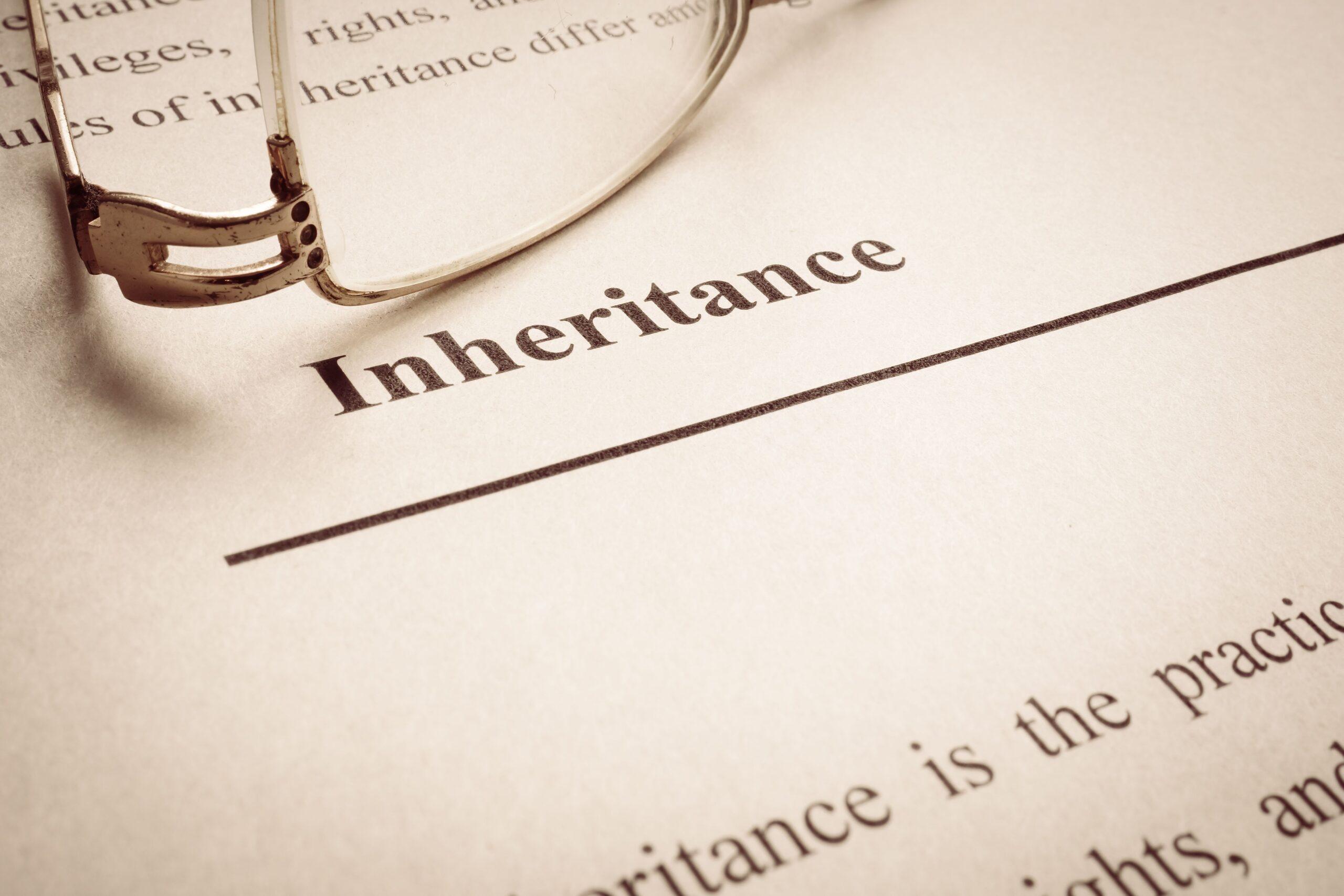
Disinheritance is when someone changes their estate plan (Trust or Will) to remove an heir, or previous beneficiary, effectively barring the heir from receiving the full share they were previously entitled to. Heirs and beneficiaries can be fully disinherited, partially disinherited, or can have conditions placed on their inheritance by the Grantor. Below we will briefly discuss partial disinheritance.
What is Partial Disinheritance?
Partial disinheritance is when a person intentionally chooses to revoke some of an heir’s inheritance. The grantor may choose to amend their Will or Trust to change the amounts allocated to each beneficiary at any point becomes irrevocable upon death.
Below are examples of partial disinheritance:
- Changing equal distribution among the heirs to an allocation that favors one beneficiary over the other beneficiaries
- Removing entitlement to specific larger assets, such as properties, from a beneficiary
- Leaving a minuscule amount to a specific beneficiary, such as $1.00
- Cutting a specific beneficiaries’ inheritance by ½, ¼, etc.
Can Partial Disinheritance be Overturned?
California residents have a right to leave their assets to whomever they see fit, in the amounts they see fit, under a Will or Trust. Grantors also have a right to amended and/or revoke their estate plan at any point before death (unless an Irrevocable Trust is established). Biological children are not automatically entitled to an inheritance if the Grantor has set up an estate plan.
Challenging (“contesting”) the validity of a Will or Trust, if successful, would legally invalidate the version(s) of the contested Will or Trust to restore the rights of the heirs under the original estate plan. Heirs have a right to file a Trust Contest or Will Contest Petition in probate court within a short, very specific time frame after death of the decedent.
The contesting party cannot file a lawsuit to overturn the Trust or Will simply because it is unfair. The contesting party (the “Petitioner”) must have evidence to prove the Will or Trust was created or amended under at least one of the following circumstances: (1) undue influence, (2) lack of capacity, and/or (3) fraud. If the decedent was mentally sound when the Will or Trust was created (or amended), and was not being demonstrably coerced or tricked by some nefarious individual, the court will presume the Will or Trust is valid and accurately reflects the decedent’s wishes.
The Problem with Partial Disinheritance – The No-Contest Clause
Most modern Trusts and Wills contain a provision called the “No-Contest Clause,” which typically states that an heir (or previous beneficiary) who attempts to file a petition in court to overturn the validity of the Trust or Will shall automatically be disinherited. Heirs who plan to file a petition in court to overturn a Will or Trust should consult with an experienced trust and estate attorney before taking legal action because of the major risk of being fully disinherited under the Trust or Will’s No-Contest Clause.
Any partially-disinherited heir who contests a Will or Trust is at risk of total disinheritance under enforcement of the No-Contest Clause. If the contesting heir unsuccessful in presenting evidence to the court that the Will or Trust was created or amended due to undue influence, lack of capacity, or fraud, the court will likely enforce the No-Contest Clause. Enforcement of the No-Contest Clause would result in full disinheritance – in other words, the contesting beneficiary would lose his or her entire share of inheritance because he/she tried to overturn the Will or Trust in court.
Is Contesting Partial Disinheritance Worth the Risk?
Partially disinherited heirs who are entitled to receive a substantial portion of inheritance may not want to risk full disinheritance by attempting to overturn the amended Will or Trust. However, a partially disinherited heir whose share has been reduced to a negligible amount may believe the risk of disinheritance is worth the potential benefit of contesting the Will or Trust. Anyone considering filing a Petition to Contest a Will or Trust in California should consult with a licensed trust and estate litigation attorney as soon as possible to ensure their petition is filed within the statutorily allotted time frame (the “Statute of Limitations.”)

